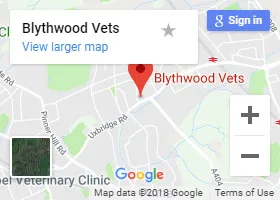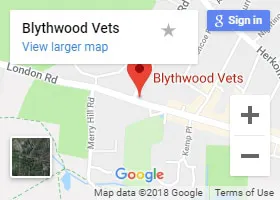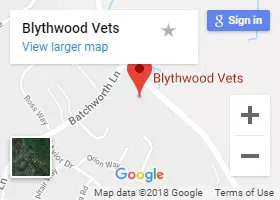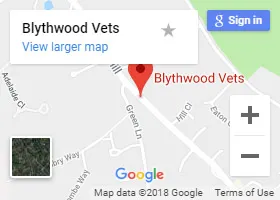Dogs can catch fleas, ticks, scabies and ear mites simply through proximity to other dogs, or by passing through high risk areas when out and about, such as the long grass in parks.
Coccidia, giardia, and other internal parasites can develop when dogs eat soil or excrement, or when they drink dirty water.
How to tell if your dog has an infection
The tell-tale signs of an infection will vary depending on the specific type of parasite you’re dealing with. You should be on the lookout for any changes in your pet’s behaviour, fur or skin condition. Certain infections have much more subtle symptoms making them harder to spot. Your dog’s eating habits may change. They may get diarrhoea, lose some of their hair or their skin may become flaky or inflamed. Routine trips to the vet can help identify parasite infestation.
What to do if you think your dog has a parasitic infection
It's important to contact your vet if you suspect your pet has a parasitic infection so that they can rule out any of the more serious conditions that can result from certain infestations. When it comes to dogs and parasites, prevention is better than a cure. You can significantly reduce the risk of all kinds of parasitic infections simply through washing your dog’s bedding and food bowls frequently, removing any faeces as soon as possible, and pay close attention to what they eat – especially when you’re out and about. We recommend that dogs of all ages are routinely treated against common parasites as we all know prevention is better than the cure.
Why not join the Blythwood Pet Health Club. When you join you will have access to preferential rates and discounts on your pet’s preventable health care.







Pet Advice